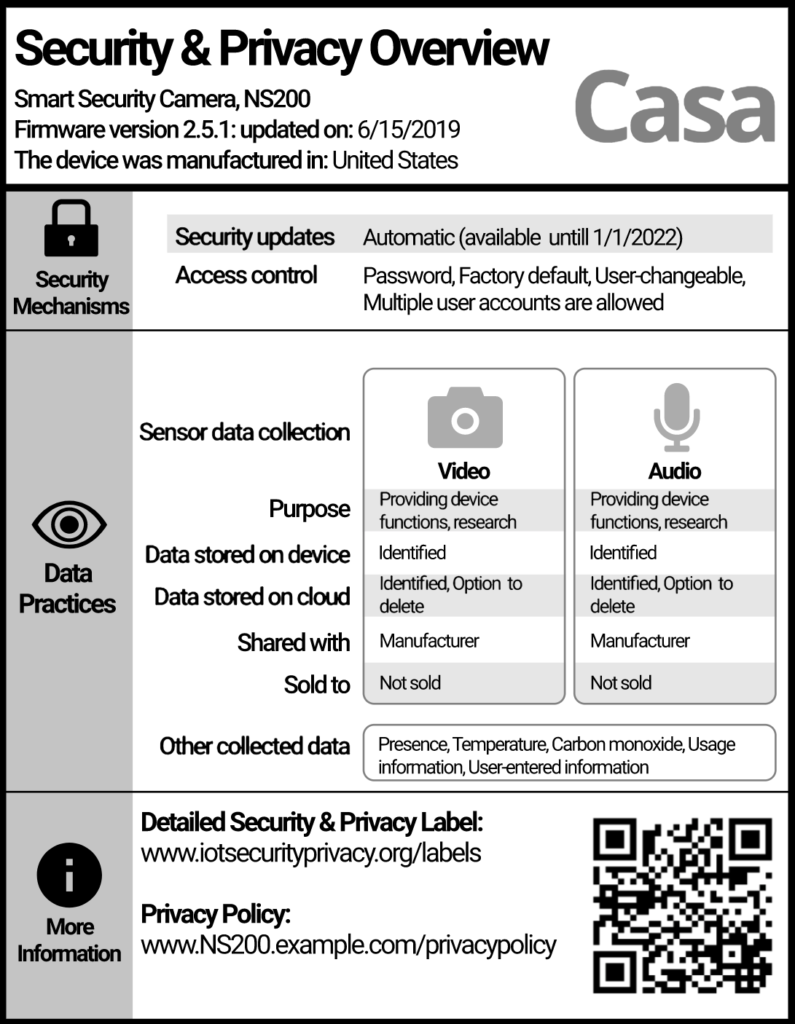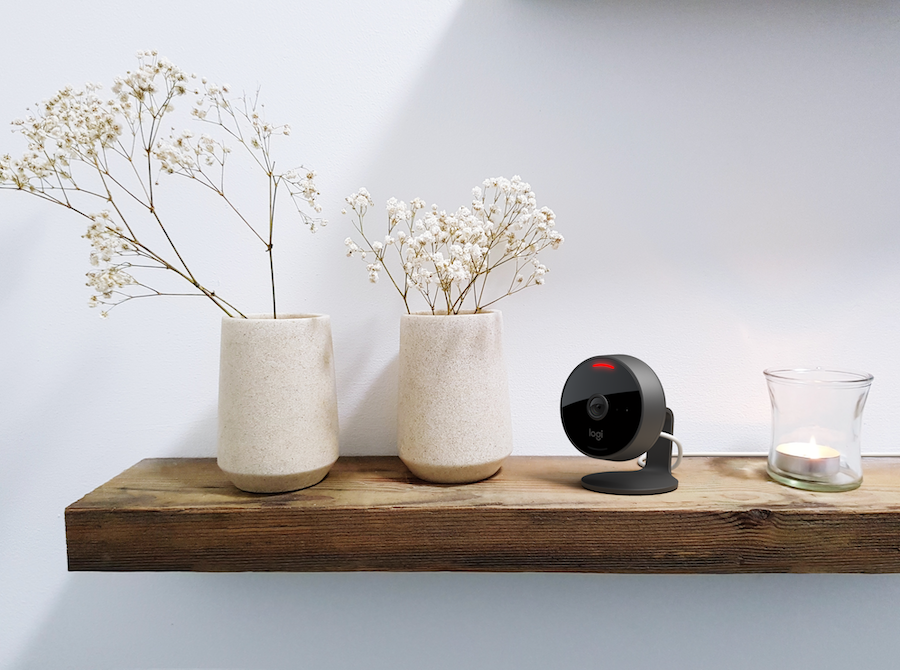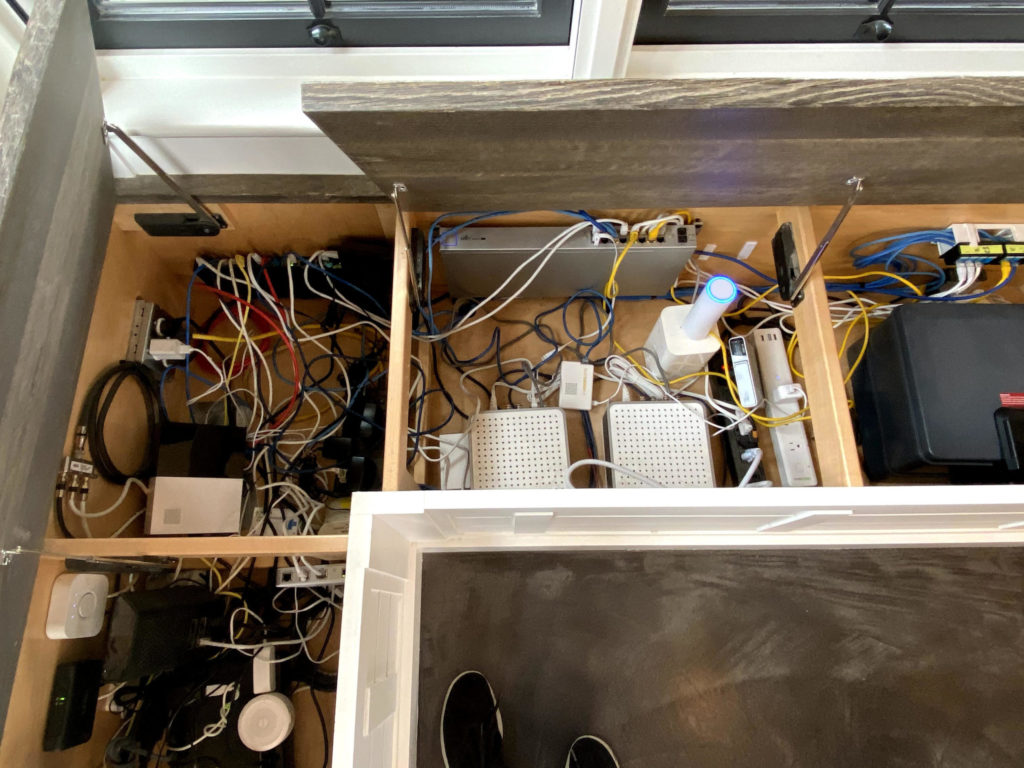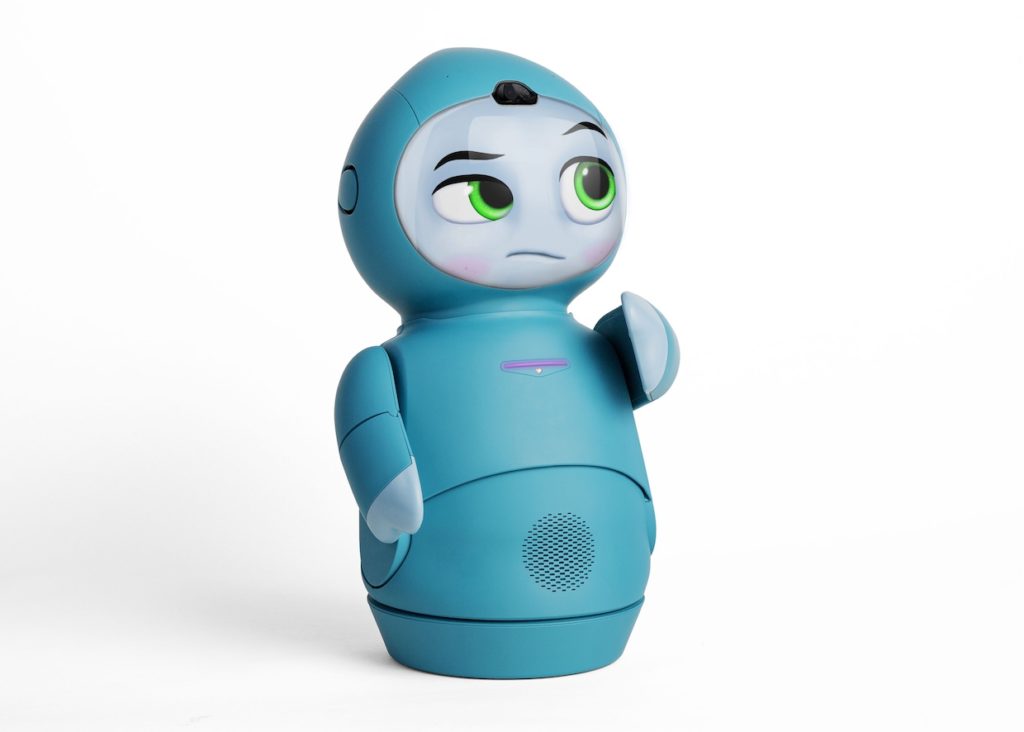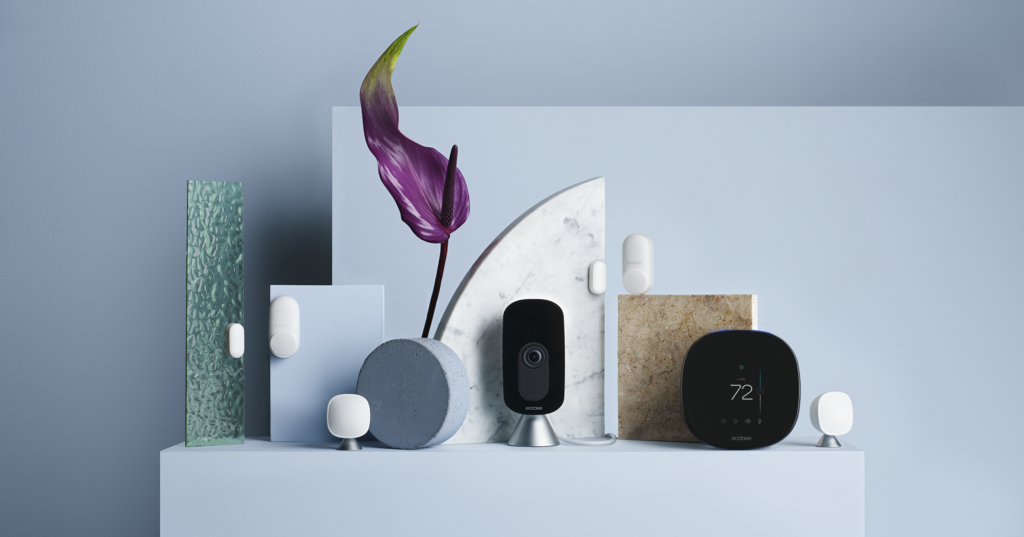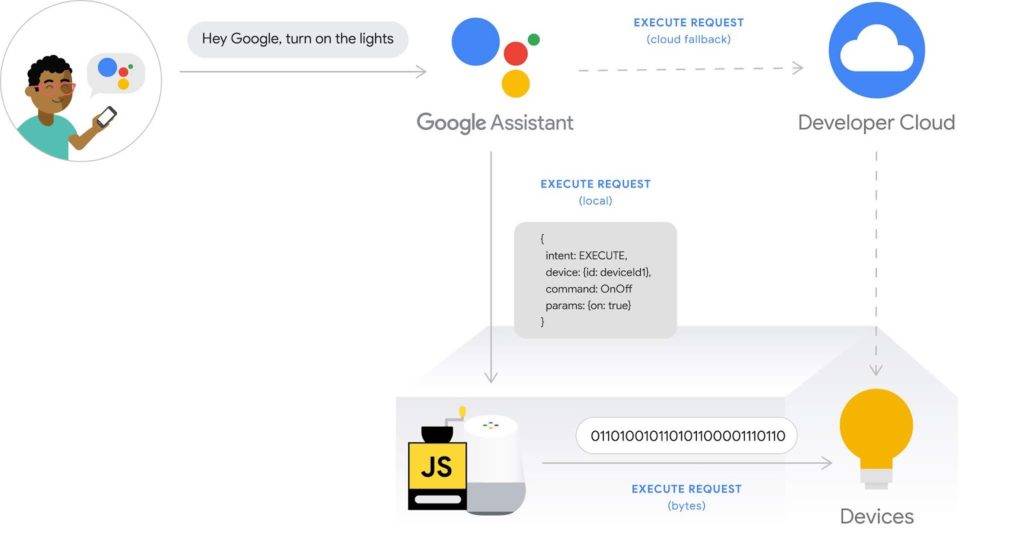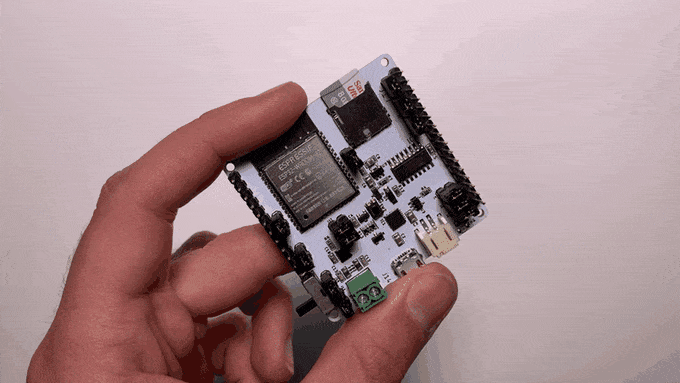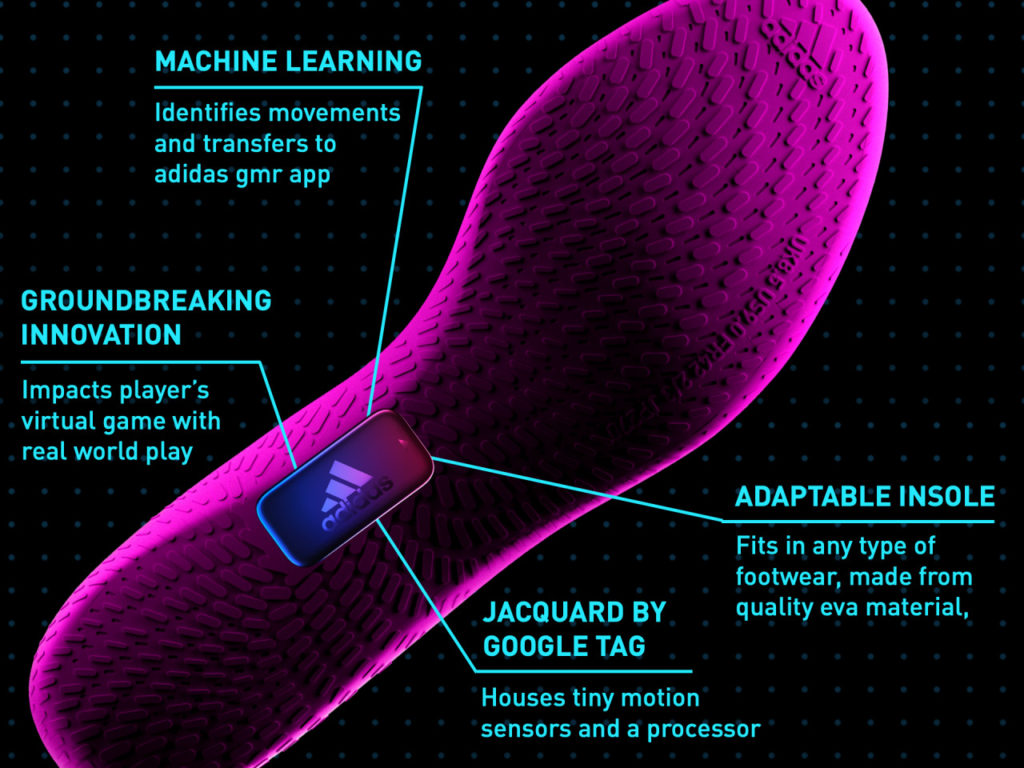This week’s show features a guest co-host, Chris Albrecht, editor at The Spoon. We kick off the show discussing the latest IoT security vulnerability Ripple20 and why you need a software Bill of Materials for your connected products. We then focus on COVID-19 contract tracing, using wireless signals to monitor patients remotely, Intel’s updated robotic vision platform, and my personal robotic nightmare that’s now for sale. Then, we talk about the new Philips Hue gear that’s out and why Chris doesn’t want smart light bulbs. Are you ready for Apple’s WWDC or the launch of a new Wyze product? Plus, Google countersues Sonos, consumers like their storebought routers better, and National Instruments changes its name and a bit of its business strategy. Finally, we answer a user question about making cameras a bit more private.

This week’s guest is Amir Haleem, the CEO and co-founder of Helium, which operates a network for the IoT. Haleem explains why he’s chosen to build a network using a mixture of cryptocurrency, decentralized hotspots and LoRa devices. On the show, he announces Helium’s new tracker hardware and the launch of the Helium network in Europe. We talk about business models, Europe’s IoT efforts, and whether or not I will get any LoRa sensors that can deliver low-power connectivity at a greater distance from my house. It’s a good show.
Hosts: Stacey Higginbotham and Chris Albrecht
Guest: Amir Haleem, CEO and co-founder of Helium
Sponsors: Calix and Very
- The Ripple20 vulnerabilities are bad. Here’s how to make it easier to patch
- Let’s talk about delivery robots
- Philips Hue’s new gear is worth a look
- Why low power IoT networks have a business model challenge
- Helium didn’t want to get into hardware, but it ultimately caved
Podcast: Play in new window | Download | Embed
Subscribe: RSS


